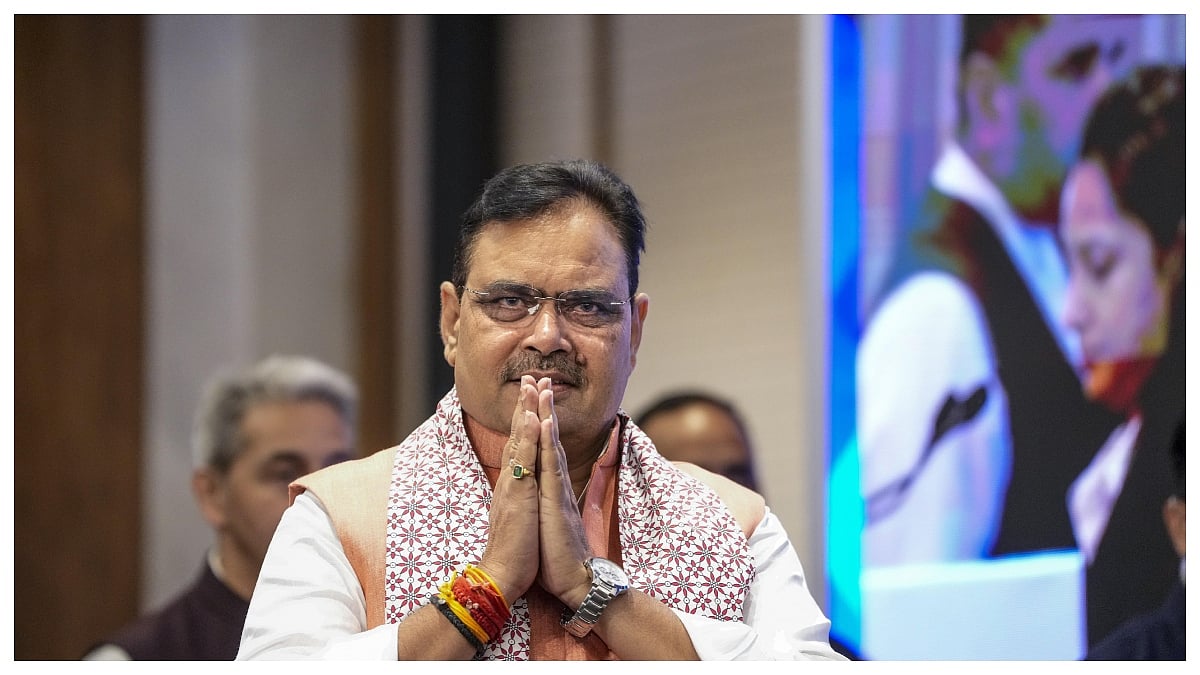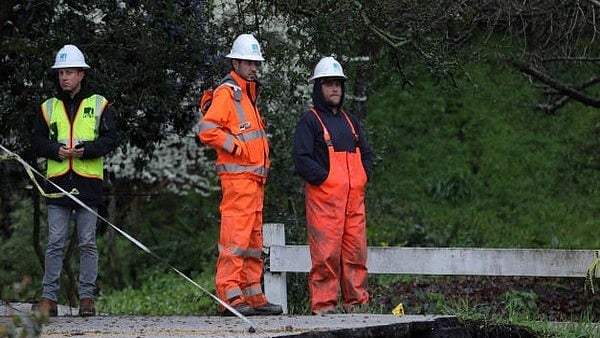The sustained Israeli assault on Gaza — particularly the heavy aerial bombardment and the ensuing mass civilian casualties, especially of young children and babies — has understandably caused increasing consternation and outrage internationally. To a great degree this was a predictable reaction to the October 7 attacks carried out by Hamas. Israeli security strategy is centred around a strong deterrence and this means to have a disproportionate response to any perceived threat or actual attack, as a compellent deterrent to any future repetition of such an action.
Repeated calls for and attempts to persuade Israel to adhere to any concept of proportionality or restraint have consistently failed. Given the scale and the shock precipitated by this most recent attack, it is no surprise that this has been repeated on this occasion.
Shift in global opinion towards Israel since World War 2
One major difference in the current situation is the direction and force of global public opinion. It may be hard to conceive, given the perceived bias of left and progressive forces and movements against Israel today, but for some decades after WWII, support for Israel and Zionism was very much seen as a progressive cause and one which many left-wing intellectuals and groups adhered to, at least in the West.
Things slowly began to change after the 1967 war and the beginning of the occupation of the West Bank and Gaza — which for the first time internationalised visibly the plight of the Palestinians as an oppressed people in a way that was unprecedented, despite the trauma of the Nakba in 1948 and the repression of Palestinians within Israel itself.
The First Intifada, with its images of largely unarmed Palestinian civilians engaging in non-violent resistance and protest against the Israeli occupation forces, contributed to this change. Additionally, changes in the mediascape; such as the arrival of broadcasters like Al Jazeera and the growth of social media; meant that for the first time, Palestinians were able to voice and tell their own stories from their own perspectives, rather than be represented by others as had been the case. The rapid dissemination of images also meant that the suffering of civilian populations, were being brought into the living rooms and on the screens of international audiences in a visceral way that they were not before.
Growing protests against governments in the West
In the West this has opened up a significant gulf between publics and their governments, in two troubling ways reminiscent of the political debates in the lead-up to the 2003 invasion of Iraq. Firstly, there is the size of the divide and the growing protests: in the UK three weeks after Israel began its assault on Gaza, each weekend has seen large protests in the thousands — on one occasion in the hundreds of thousands — throng London and other cities.
Despite the French Interior Minister banning pro-Palestinian protests in France, these have gone ahead, resulting in the police using tear gas to disperse protestors. Germany has also cracked down on pro-Palestinian protests, banning some Palestinian advocacy groups and any such demonstrations in Berlin. In the US, the Jewish pro-peace group IfNotNow flooded the Rotunda building on Capitol Hill with protestors chanting for a ceasefire now and unfurling banners demanding the same, leading to over 300 arrests.
The troubling aspect is the response of governments to such protests; a combination of complacent dismissal to outright repression. Elements of the leadership in the Democratic party dismissed the genuine anger by protestors and those demanding a ceasefire, saying that people were angry now but would calm down and come around by the time of the Presidential elections.
US Elections & shift in Democratic voters’ support
With the election less than a year away, and polls showing both a shift in Democratic voters’ support towards Palestinians in the conflict and a drop in support by Arab Americans, such confidence seems woefully misplaced. The Congress vote to censure Rashida Tlaib, the sole elected Palestinian-American representative in the body, for her statements criticising Israeli military action, with 22 Democratic Congresspersons voting to pass the censure resolution, is sure to further inflame opinions, particularly as Tlaib pointedly stated in her response on the floor of the chamber that 71% of voters in her state of Michigan support a ceasefire.
In the UK, there was the extraordinary sight of the Metropolitan Police Commissioner, Sir Mark Rowley, resisting pressure from both the Prime Minister and the Home Secretary to ban the pro-Palestinian marches planned for November 11 — which is Armistice Day, a hallowed day of remembrance in the British nationalist imagery and calendar.
Braverman's piece in The Times
Sunak and Braverman criticised plans to hold the marches, saying they were disrespectful to the memory of British veterans; it was left to Mark Rowley to remind them that such demonstrations were legal under British law, which protects the right to peaceful protest. Braverman further antagonised matters by penning an article in The Times which characterised the pro-Palestinian marches as “hate marches” and supportive of Hamas, also accusing the police of double standards in policing protests by being softer on left-wing ones than right-wing ones.
Her comparison of these so-called hate marches with those taking place in Northern Ireland managed the singular feat of alienating not only Unionists but also Nationalists as well as her Tory cabinet colleagues, who either distanced themselves or criticised her remarks. This polarising rhetoric left an opening for far-right forces, as the leader of the English Defence League and other right-wing groups announced their intention to conduct counter-demonstrations and “protect the Cenotaph”, increasing fears of clashes between different protestors and violence. Which did indeed happen, except it was the far-right counter-protestors that clashed with the police violently — the pro-Palestinian marches went off peacefully.
The polarising rhetoric
The 2003 Iraq war created a similar chasm between public opinion and the governments of the US-led coalition, leading to comments that there were two superpowers confronting each other: the US as the sole military superpower and global public opinion, which had set itself against the war. The victor of that contest is now well known. The pressing ahead of military action, as well as the exaggerations, faulty intelligence and outright lies that made the case for war, created a severe distrust of official narratives and led to a yawning democratic deficit.
This along with the polarising rhetoric created a space where disinformation proliferated and was exploited by extremists and far right-wing nationalists. The election of Trump, the shock of Brexit and the general retreat from an aspirant rules-based international order were at least partly a consequence of this. We are still living with the damage done to liberal democracies as a result.
It was not only the disregarding of popular opinion, with the belief that governments know better than their electorates, and the determination to press ahead with ill-advised and ideologically motivated military action that left toxic legacies, but the failure of most of the stated war aims and foreign policy objectives to be achieved along with any prospects for peace and stability in the region. The reputation of the authors of such a policy, such as George W Bush and Tony Blair, were left in tatters, forever associated with this disaster
Reputations of current leaders in much risk
Current leaders risk the same fate; when they are seen to be enthusiastically backing what many scholars and experts on international law describe as a genocide being carried out in Gaza by the Israeli state, in defiance of rising protests at home, without seriously attempting to implement a ceasefire, protect civilians and seek peaceful settlement to the conflict.
The myth of Pandora’s Box reassures us that when all else has been lost, hope remains; history warns us that if we do not heed its lessons, this too can be a cruel illusion.
Conrad Barwa is a senior research analyst at a private think-tank, and a senior research associate at the Birmingham Business School










